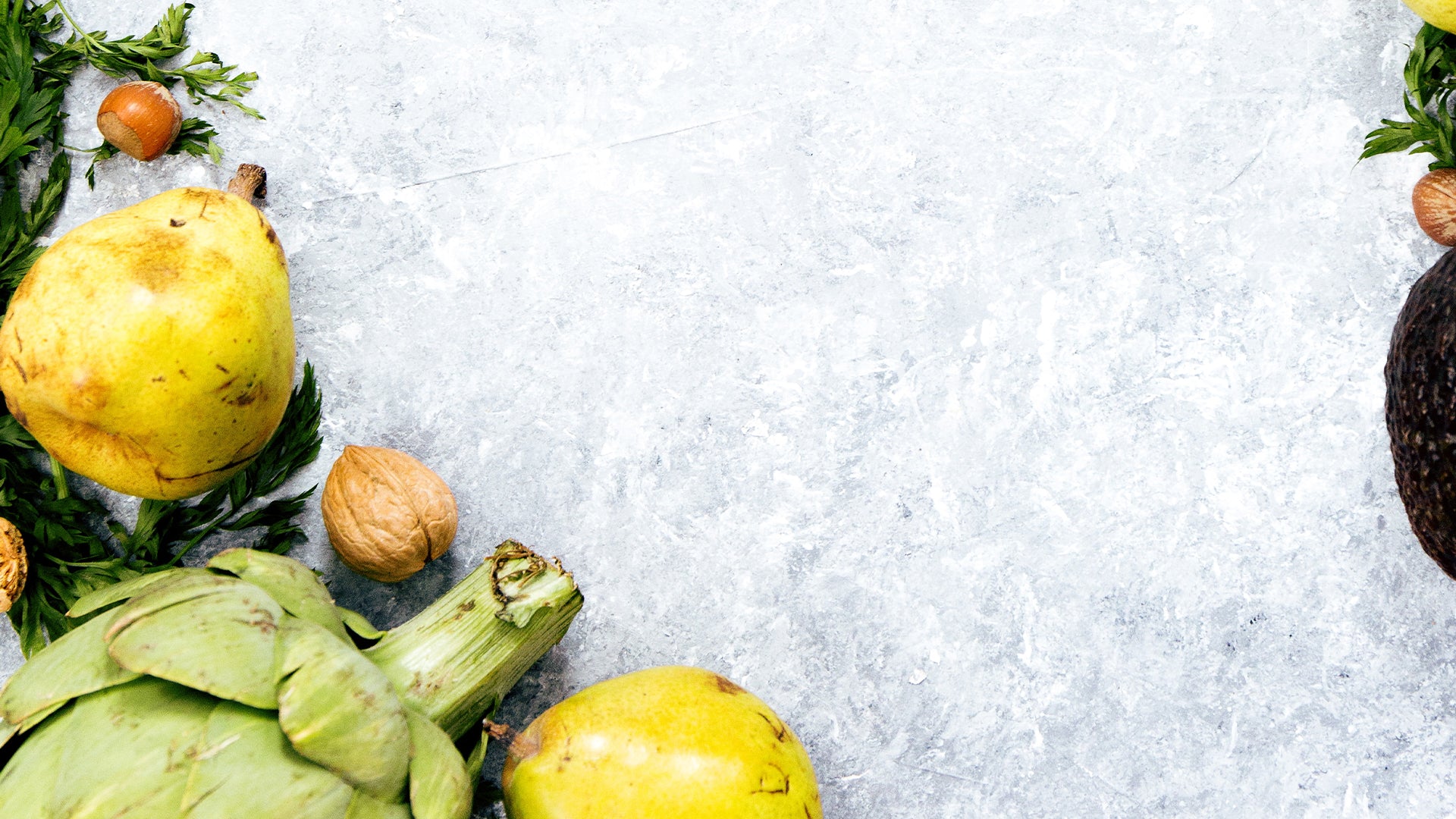
How to Lower Cholesterol Naturally
Cholesterol, a waxy, fat-like substance found in your body, plays an essential role in maintaining cell structure and producing vital hormones. While cholesterol is necessary for various bodily functions, having high levels of LDL (low-density lipoprotein) cholesterol, commonly known as "bad cholesterol," can increase the risk of heart disease and other health problems.
Are you concerned about your cholesterol levels and looking for natural ways to manage cholesterol effectively? In this blog post, we will explore what cholesterol is, why it's crucial to take care of it, reasons for high cholesterol, and most importantly, how you can naturally lower cholesterol to safeguard your heart and overall well-being.
What is Cholesterol?
Cholesterol is a type of lipid or fat that circulates in your bloodstream and is present in every cell of your body. It plays a crucial role in the formation of cell membranes, digestion, and the production of hormones like estrogen and testosterone. Cholesterol is primarily produced by the liver, but it can also be obtained through certain foods we consume.
The Importance of Caring for Your Cholesterol
Maintaining healthy cholesterol levels is vital for your overall health and well-being. When your LDL cholesterol levels are too high, it can lead to the accumulation of plaque in your arteries, reducing blood flow and increasing the risk of heart disease, stroke, and other cardiovascular problems. On the other hand, HDL (high-density lipoprotein) cholesterol, known as "good cholesterol," helps remove excess cholesterol from the bloodstream, thereby lowering the risk of heart disease.
Factors Behind Elevated Cholesterol Levels
Several factors can contribute to elevated cholesterol levels, including:
- Unhealthy Diet: Consuming a diet high in saturated and trans fats, processed foods, and sugary beverages can raise LDL cholesterol levels.
- Physical Inactivity: Leading a sedentary lifestyle can lead to weight gain and negatively impact cholesterol levels.
- Genetics: Family history and genetics can influence how your body produces and processes cholesterol.
- Obesity: Being overweight or obese can lead to increased LDL cholesterol and decreased HDL cholesterol.
- Smoking: Smoking damages blood vessels and can lower HDL cholesterol levels, making it harder for the body to remove LDL cholesterol.
How Can You Lower Cholesterol Naturally?
The good news is that there are several lifestyle changes and natural ways to manage cholesterol effectively. Here’s how you can lower cholesterol naturally:
- Healthy Diet: Focus on a diet rich in fruits, vegetables, whole grains, and lean proteins. Limit the intake of saturated and trans fats, processed foods, and sugary items.
- Regular Exercise: Engage in physical activities like walking, jogging, cycling, or swimming for at least 150 minutes per week to promote heart health.
- Weight Management: If you're overweight, losing just a few pounds can significantly impact your cholesterol levels.
- Quit Smoking: If you smoke, seek support to quit, as it can boost your HDL cholesterol and improve your overall cardiovascular health.
Which Vitamins, Fats, and Minerals Help to Lower Cholesterol Naturally?
Certain vitamins, fats, and minerals have shown promising effects in naturally lowering cholesterol levels:
- Omega-3 Fatty Acids: Found in fatty fish like salmon and mackerel, as well as chia seeds and walnuts, omega-3 fatty acids can help reduce triglycerides and lower the risk of heart disease.
- Soluble Fiber: Foods rich in soluble fiber, such as oats, beans, lentils, and apples, can help lower LDL cholesterol levels.
- Plant Sterols and Stanols: These natural plant compounds can be found in fortified foods like certain margarines and can help block the absorption of cholesterol in the intestines.
- Niacin (Vitamin B3): Niacin supplements can help raise HDL cholesterol and lower LDL cholesterol levels. However, it's essential to consult a healthcare professional before taking any supplements.
- Garlic: Studies suggest that garlic may have a positive effect on cholesterol levels, so consider adding fresh garlic to your meals.
Are You Ready to Take Charge of Your Cholesterol?
Taking care of your cholesterol naturally doesn't have to be complicated. Here are some practical tips to help you get started:
- Cook at Home: By preparing your meals at home, you can control the ingredients and ensure a heart-healthy diet.
- Stay Hydrated: Drinking plenty of water supports overall health and can help maintain healthy cholesterol levels.
- Mindful Eating: Be aware of portion sizes and avoid mindlessly snacking on unhealthy foods.
- Explore Supplements: Consider natural supplements like fish oil, plant sterols, or red yeast rice after consulting with your healthcare provider.
- Manage Stress: Chronic stress can negatively impact cholesterol levels, so find healthy ways to manage stress, such as yoga, meditation, or spending time in nature.
Remember, maintaining healthy cholesterol levels is a long-term commitment to your well-being. By making gradual changes to your lifestyle and incorporating heart-healthy habits, you can naturally lower cholesterol levels and reduce the risk of heart disease, ensuring a healthier and happier life.



